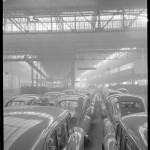
On Claude Lefort’s “Proletarian Experience”
The schema that ordered Socialisme ou Barbarie’s conception of revolution relied upon the close examination of working-class experience. This put the group in little-explored territory.
Tags: Inquiry

The schema that ordered Socialisme ou Barbarie’s conception of revolution relied upon the close examination of working-class experience. This put the group in little-explored territory.
Tags: Inquiry
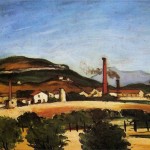
The proletariat is the real response to this economic pseudo-materialism. Its response is elaborated through its practical existence. Anyone who looks at its history can see that the proletariat has not merely reacted to definite, external economic factors (degree of exploitation, standard of living, mode of concentration), but that it has really acted.
Tags: From the Archives, Inquiry
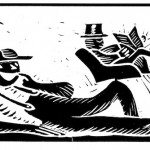
We succinctly present here the outline of one of the publications with which, in the near future, we’ll translate directly into theoretical-strategic work some of the findings that have been surfacing for years with a continual practical-political presence, years of tactical surveys of the terrain of class war. We’re choosing again a nodal point: once again, FIAT, “class composition at FIAT.”
Tags: From the Archives, Inquiry
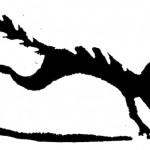
This article analyzes schematically several aspects of the so-called “wildcat” mode of struggle recently adopted by the FIAT workers; it does not theorize it as the “only” one possible. It’s a “particular” analysis, not because the events described are exceptional or exclusive to that “core mass” of workers that are FIAT, but because the general dimension, within which only the movement is “political,” is implicated here as the determinant presupposition but isn’t directly analyzed.
Tags: From the Archives, Inquiry
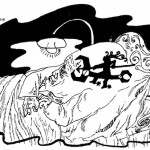
At the end of his 1975 introduction to his seminal 1964 Classe Operaia article, “Struggle at FIAT,” Romano Alquati concludes his reflection with a compressed glance back toward one of the impasses that faced him and the other “classical” workerists as they tried to articulate the early days of what would become two decades of social war, from the 1960 magliette a righe (the “striped shirt”) rebellions of Genoa on to a Hot Autumn, a Creeping May, and a range of other seasons, months, and years irrevocably marked by bitter struggle against capital and its stewards.
Tags: Inquiry
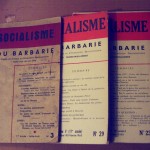
Personally, I participated in Socialisme ou Barbarie from 1952 to 1958. I left Socialisme ou Barbarie with Claude Lefort (Montal) after an attempt by the majority of the group to create a political party during the events bound up with the war in Algeria and the Gaullist semi-coup.
Tags: Inquiry
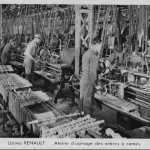
This text opens a discussion on the problem of the workers’ journal, which will be carried on in the following issues of Socialisme ou Barbarie. It draws on the experience of Tribune Ouvrière, published for over a year by a group of workers from Regie Renault, from which we have published extracts in the preceding issue of this Review, and from which one will find new extracts in the current one.
Tags: From the Archives, Inquiry
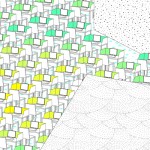
I chose the site for my workers’ inquiry the way most people find casual employment: by responding to a generic internet advertisement. The advert for the job that I eventually got directed applicants to ring a voicemail number that instructed them to leave a message with their name, number, and why they would be good at the job. I received a call the following day and was invited to come in after the weekend for an interview.
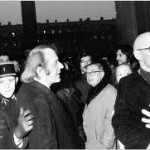
We are fortunate to now have in a French edition a collection of the five booklets produced by the GIP between February 1971 and January 1973 – Intolérable, numbers 1 through 4, and a collection of prisoners’ demands – combining questionnaires and inquiries on prison conditions, texts and declarations from prison uprisings, reports by prison psychiatrists, a dossier on the killing of George Jackson and the black prison movement in the US, and correspondence and information about the wave of suicides in French prisons.
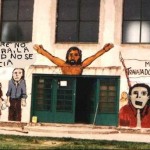
As the newly poor and unemployed found themselves abandoned by traditional political institutions, they turned to multiple forms of investigation to understand the conditions in which they found themselves, and to develop more effective forms of action and organization.
Tags: Inquiry